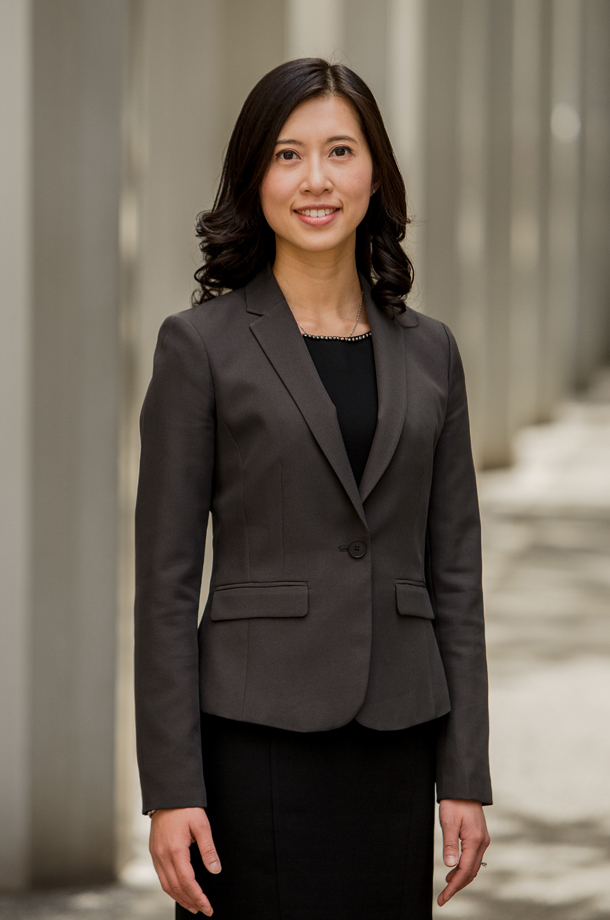Updated April 24, 2018 to reflect 0.5% tax rate for British Columbians who are Canadian citizens or permanent residents (and not members of a satellite family).
Introduction
In its 30-Point Plan for Housing Affordability in British Columbia (the “Budget”), the provincial government outlined its plan to introduce a new speculation tax on residential property, as part of its efforts to service local residents as opposed to speculators. The speculation tax is intended to target owners of residential property in B.C. who do not pay taxes in the province, and leave their properties vacant.
On March 26, 2018, the provincial government released details relating to the speculation tax. The tax details set out, among other things, the geographic area to which the speculation tax will apply, the rate of taxation, and the exemptions to the speculation tax.
Geographic Areas
On implementation, the speculation tax will apply to British Columbia’s largest urban centres, encompassing the following districts:
- Metro Vancouver
- The Capital Regional District (excluding the Gulf Islands and Juan de Fuca)
- Kelowna and West Kelowna
- Nanaimo-Lantzville
- Abbotsford, Chilliwack and Mission
Tax Rate
The tax rate for all properties subject to the speculation tax will be 0.5% of the property’s value in 2018. As suggested by the provincial government in the Budget, the speculation tax will target non-British Columbians since, in 2019 and beyond, the tax rates will be as follows:
- 2% for foreign investors and satellite families (households with high worldwide income that pay little income tax in British Columbia);
- 1% for Canadian citizens and permanent residents who do not live in British Columbia; and
- 0.5% for British Columbians who are Canadian citizens or permanent residents (and not members of a satellite family).
Exemptions
British Columbians will be exempted from the speculation tax if their property is either their primary residence, or constitutes a qualifying long-term rental. A long-term rental is defined as a property that is rented out for at least three months, in increments of at least 30 days, in 2018. Beginning in 2019, homes will need to be rented out for at least 6 months, in 30 days or more per increment, in order to qualify for the exemption. The provincial government believes that these exemptions will exempt over 99% of British Columbians.
In addition to the above exemptions, if a person reports income in British Columbia, and has a vacant second home, that person will be eligible for a non-refundable tax credit that is immediately applied against the speculation tax. This credit will provide an offset of up to $2,000 against speculation taxes payable, meaning that British Columbians do not pay tax on a second home valued up to $400,000. This tax credit will only apply to one property. As a result, a person who owns two or more properties will only be able to claim the tax credit once per year.
Finally, the government will institute additional exemptions for homeowners who are enduring “special circumstances.” These “special circumstances” include situations where:
- the owner or tenant is undergoing medical care or residing in a hospital, long-term care or a supportive-care facility;
- the owner or tenant is temporarily absent for work purposes; or
- the registered owner is deceased, and the estate is in the process of being administered.
Conclusion
The speculation tax may have significant ramifications for those who own multiple properties in British Columbia. Property owners would therefore be well advised to consider the impact of the speculation tax on their fiscal well-being.



